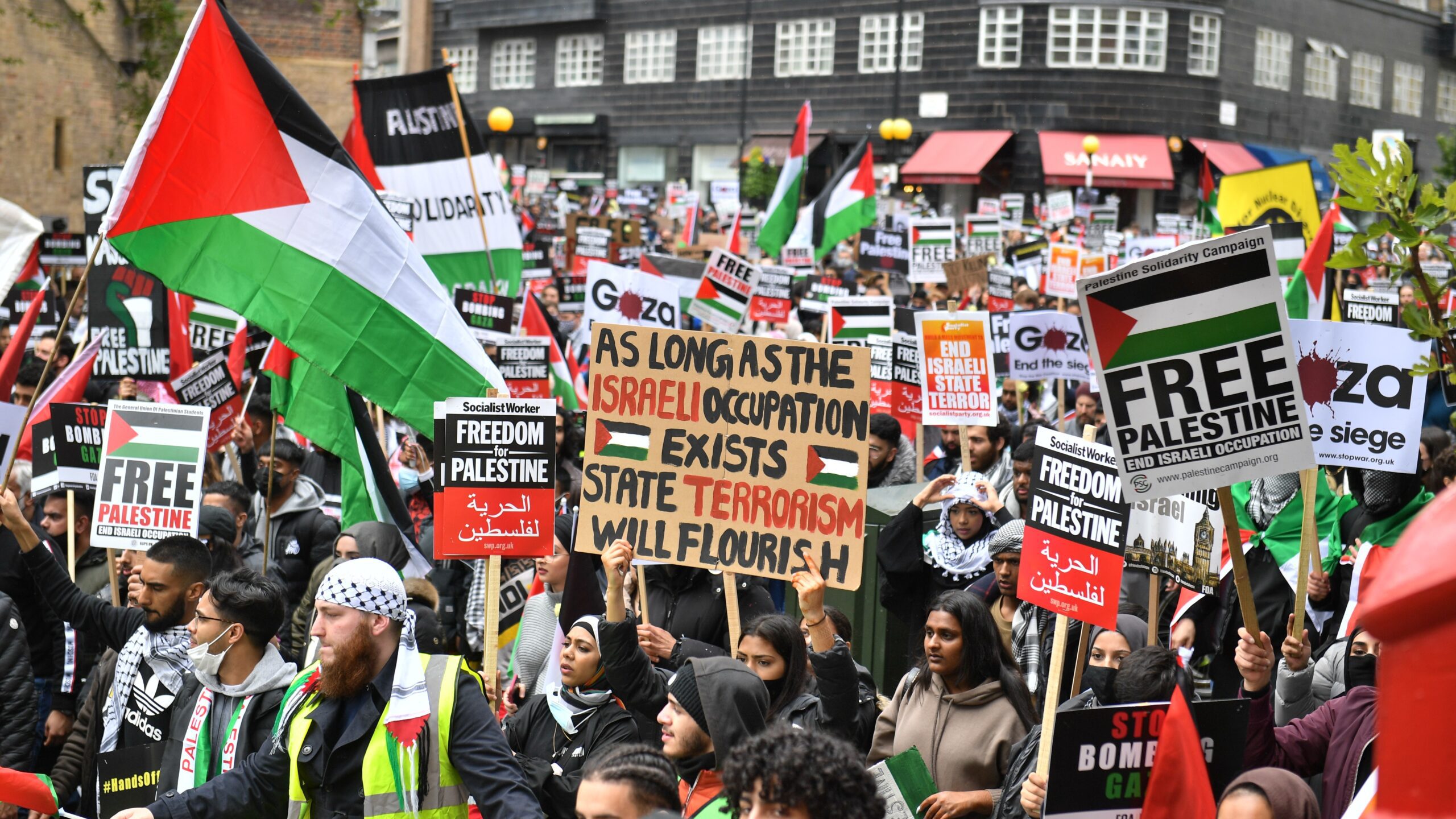On Wednesday 1 November, Bolivia cut off diplomatic ties with the Israeli government due to its ongoing aggressions against civilians in Gaza.
Minister of the Bolivian presidency Maria Nela Prada said that the decision took place after a meeting with the Palestinian ambassador to the country. In addition, the Bolivian government demanded the end of attacks on the Gaza Strip, highlighting the numbers of civilian deaths and the forced displacement of the Palestinian people.
On the same day, Colombian President Gustavo Petro stated on X (previously Twitter) that he decided to call Colombia’s ambassador to Israel for consultation, adding that if Israeli forces don’t stop the massacre the country cannot maintain its presence there.
Similarly, Chilean President Gabriel Boric Font issued a statement on X explaining that the Government of Chile has decided to call the Chilean ambassador to Israel, Jorge Carvajal, to Santiago for consultations after the “unacceptable violations of International Humanitarian Law” committed by Israel.
Boric described the military operations as acts of “collective punishment” that do not respect the fundamental norms of international law, given the high number of civilian deaths, especially those of children and women. The death toll has now crossed 9,000, with aggressions set to hit the one month mark.
Notably, the two presidents are both part of left-wing movements in their respective countries, with Boric being the youngest president in Chilean history and a previous influencer in the Chilean student protests of 2011.
Growing Global Transitions
Protests across the globe have exponentially increased throughout the last month, with more and more people becoming aware of the colonial powers at play, of Palestinian rights, and of the violations that Israeli forces have been committing across the years.
In high-income Western countries, public demonstrations have hosted hundreds of thousands of protesters opposing their governments’ decisions and expressing support for Palestinian people.
Notably, while these governments have attempted to censor pro-Palestinian voices and use violence against protesters, public awareness is nonetheless increasing and with it the fear of repeating atrocities of the past such as in Iraq, Libya and Palestine itself.
Two days ago, protesters calling for a ceasefire interrupted US Secretary of State Anthony Blinken during a Senate hearing multiple times and painted their hands red in opposition to the US’s sponsorship and direct complicity in the ongoing genocide.
Reclaiming the International Community
When commentators mention the silence of the “international community” vis-à-vis the current atrocities, many often refer to the few, high-income and highly militarily armed states of Western Europe and North America. Such a definition of the international community ought to be reclaimed.
The international populations are the ones to reclaim it from those who failed to live up to their descriptions as “democracies.” Grassroots, pro-democracy and pro-social justice movements across the globe such as those in Chile, the Arab Spring and those in support of Palestinian rights have made it clear that they refuse to succumb to authoritarianism, occupation and despotism.
As such, the international community in its purest sense, that which refers to the populations across the globe, has clearly shown its support for the Palestinian people, and the silence and complicity vis-à-vis the genocide have only been the domain of those few militaristic, colonizing and racist governments.
Arab Countries Follow Suit
Since the onset of Israeli aggressions on the Gaza strip, Arab countries have been noticeably quiet in their reactions towards these aggressions, and have taken minimal steps to counter the Israeli occupation’s crimes. Countries such as Jordan, Egypt, and Saudi Arabia were quick to condemn the occupation’s actions, but have taken little action that could effectively pressure Israel into a ceasefire.
The tides shifted this week when Jordan recalled its ambassador from Israel, stating Israel had caused “an unprecedented humanitarian catastrophe”, and said its envoy would only return once the aggressions cease. On November 2nd, Bahrain followed suit by expelling the Israeli ambassador, and simultaneously becoming the first Arab country to officially sever economic ties with the occupation.
While the death toll climbs, other Arab countries have remained silent. Particularly, the United Arab Emirates sparked controversy when it stated on November 1st that the Abraham Accords – the normalization agreement between UAE and Israel, which was signed in 2020 – are not in danger despite the ongoing situation.
In spite of this, citizens in Arab countries have continued to mobilize and demand an end to Israeli aggression and have called on their governments to react, suggesting the imposition of embargoes, severance of ties, and other actions that could exact extreme pressure on Israel to cease its genocidal campaign against Palestinians in Gaza.


